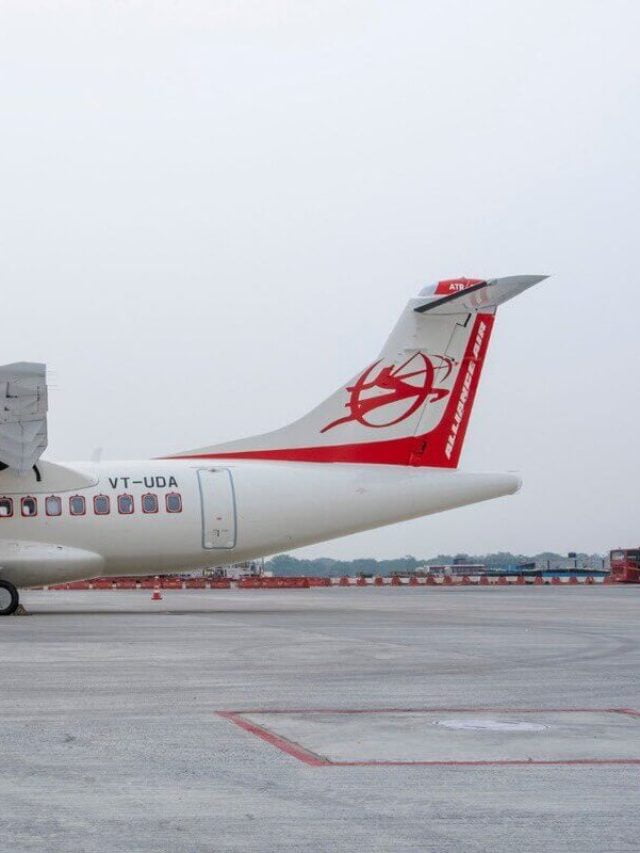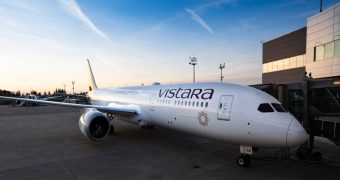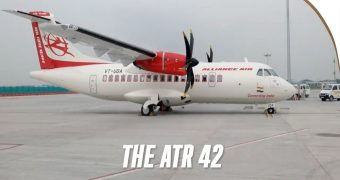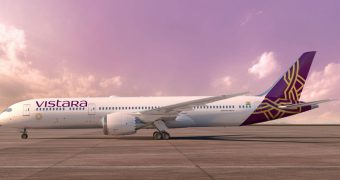
Under a purchase-and-leaseback agreement signed in March 2021, BOC Aviation Limited delivered the last of eight Airbus A320Neo aircraft to InterGlobe Aviation Ltd (IndiGo).
BOC Aviation is a state-owned global aircraft operating leasing company based in Singapore.
According to a statement from BOC Aviation, the Airbus A320Neo aircraft is powered by CFM Leap engines.
“The delivery of these eight aircraft underlines the excellent partnership we have developed with IndiGo, India’s largest passenger airline,” said Steven Townend, Deputy Managing Director and Chief Financial Officer of Singapore-based BOC Aviation.
“As we continue to support our airline customers in financing their aircraft deliveries, we look forward to strengthening our partnerships with key airline partners like IndiGo,” Townend added.
Air France-KLM and IndiGo signs codeshare agreement
In another development, IndiGo Airlines recently signed a codeshare agreement with Air France-KLM, the Franco-Dutch airline holding company. The deal that will come into effect from February 2022 would allow the passengers of Air France-KLM to gain access to 25 new Indian destinations.
For IndiGo’s Indian flyers, the agreement will open up Air France-KLM’s global network of more than 250 destinations in Europe and nearly 50 in the USA.
Currently, Air France operates flights to the Indian cities of Delhi, Bengaluru, Mumbai and Chennai from Paris-Charles de Gaulle airport. Meanwhile, KLM offers its services to Delhi and Mumbai from Amsterdam.
Besides the new codeshare agreement with Air France-KLM, IndiGo has codeshare agreements with Turkish Airlines, Qatar Airways and American Airlines.
Air France-KLM have codeshare agreements with airlines worldwide, the recent one being with Skyteam alliance member ITA Airways. This partnership will open up 12 destinations in Italy and southern Europe to Air France-KLM’s passengers.
The codeshare agreement between Air France-KLM and IndiGo is currently awaiting approval from authorities.
India has not opened its borders to resume the regular scheduled international flights. Currently, the flights are operating under an air bubble arrangement, made with a limited number of 32 countries. Initially, the government declared to open its borders for international services on December 15 but extended the decision after WHO announced the Omicron variant of the COVID-19 virus as a new threat.












